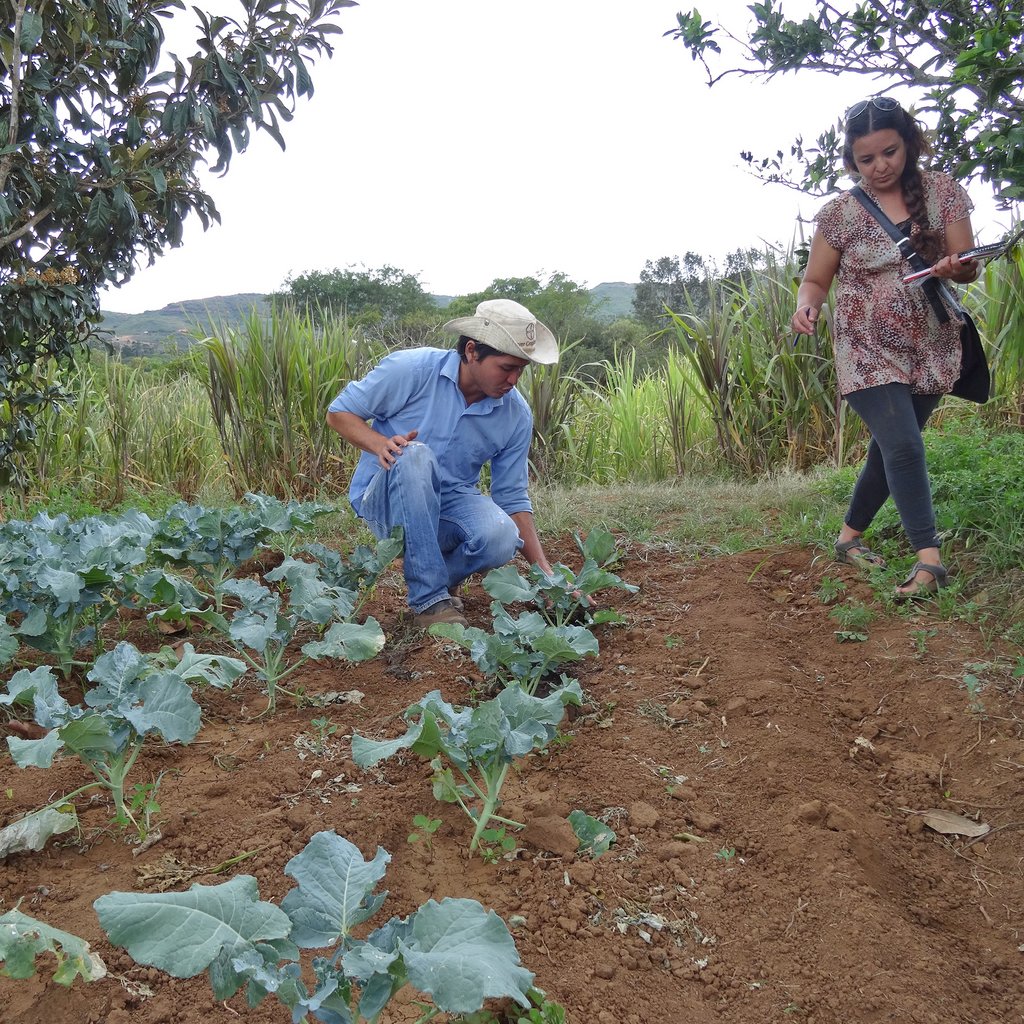Helvetas
Qualifications: Master’s degree in rural development, sustainable agriculture, environmental science or related fields; at least 8 years in development cooperation (5 years in project management); expertise in project cycle management, team leadership, and working in fragile contexts.
